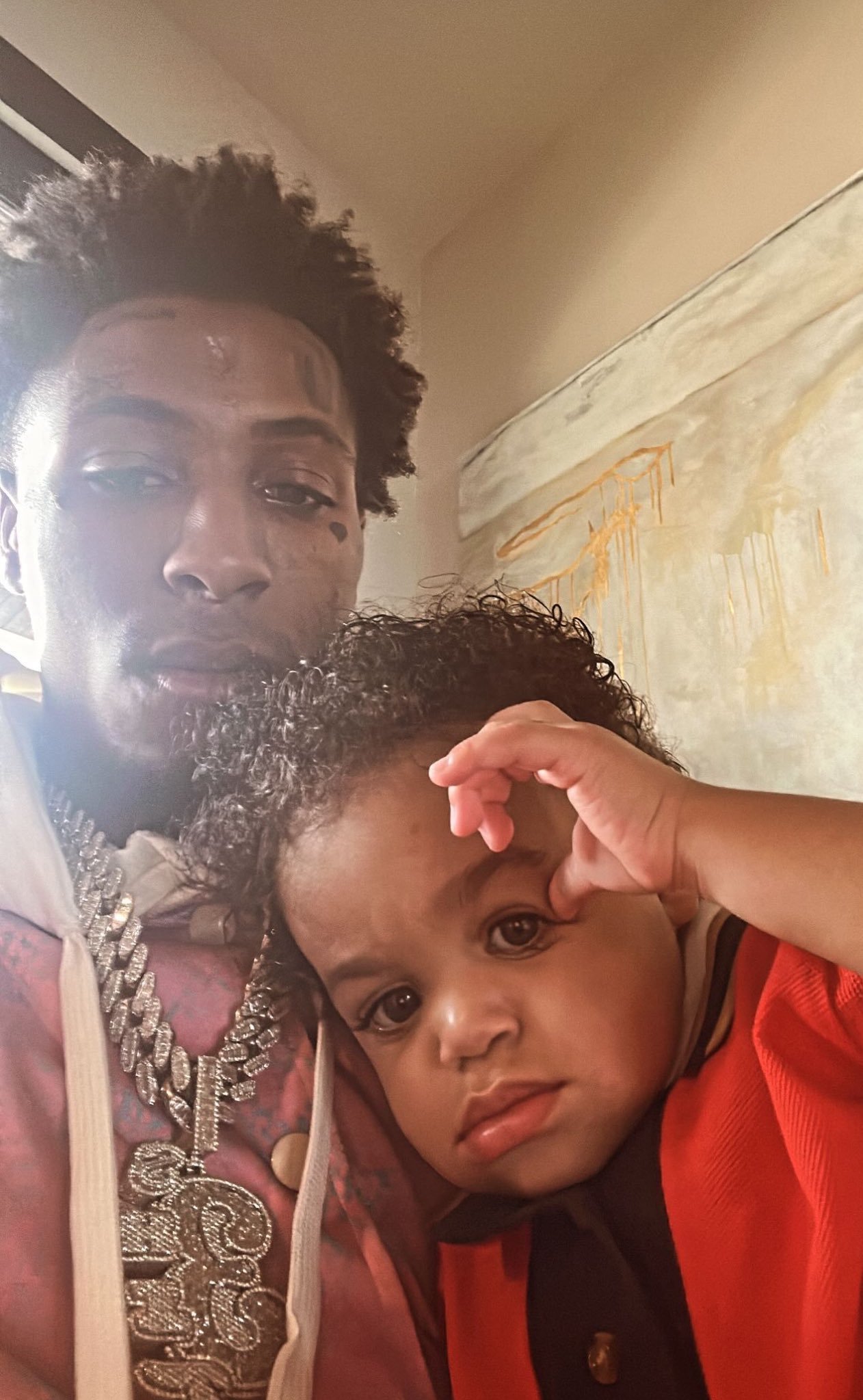In a recent development in the legal saga surrounding NBA Youngboy, prosecutors have rejected the rapper's motion to relax the rules of his house arrest. NBA Youngboy, whose real name is Kentrell DeSean Gaulden, had sought modifications, citing struggles with depression and a reported decline in music sales.
The Baton Rouge rapper, known for his chart-topping hits, has been under house arrest as part of his legal situation. In response to his motion, prosecutors stood firm, underscoring the legal complexities involved in the case.
NBA Youngboy's legal team argued that the strict conditions of house arrest were exacerbating his mental health struggles, including depression. Additionally, they pointed to a perceived decline in music sales, asserting that the rapper's ability to generate income was being hindered.
Prosecutors, however, rejected these claims, emphasizing the need for adherence to the established legal framework. They argued that the conditions of house arrest were put in place for a reason and should not be altered based on subjective factors such as reported music sales.
This legal tussle sheds light on the intersection of mental health considerations and the legal constraints faced by artists in the entertainment industry. NBA Youngboy's case raises questions about the balance between an individual's well-being and the legal obligations imposed on them.
The rejection of the motion also brings attention to the broader issue of how the legal system navigates the complexities of mental health challenges within the context of legal proceedings. As discussions around mental health become increasingly prominent, cases like NBA Youngboy's contribute to the ongoing dialogue about the intersection of mental health advocacy and legal responsibilities.
The music industry has witnessed a growing acknowledgment of mental health challenges faced by artists, prompting discussions about the support systems in place for those navigating legal battles. NBA Youngboy's case becomes a microcosm of these larger conversations, where legal decisions must weigh the well-being of individuals against established legal protocols.
As the legal drama unfolds, NBA Youngboy's case remains a focal point for both the music industry and those advocating for a more nuanced approach to mental health within the legal system. The rejection of his motion serves as a reminder of the intricate dance between legal obligations, mental health considerations, and the pursuit of justice within the entertainment landscape.










